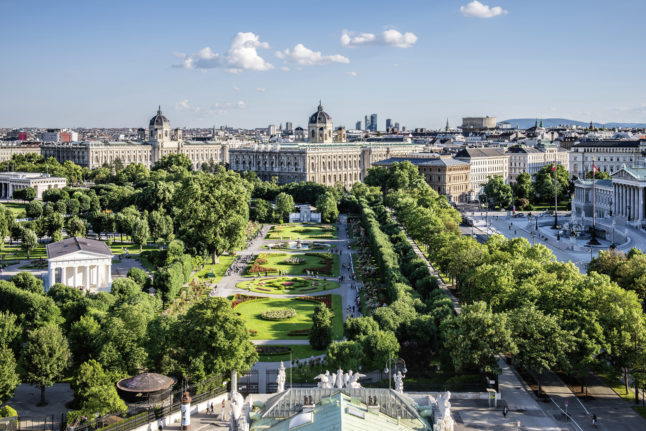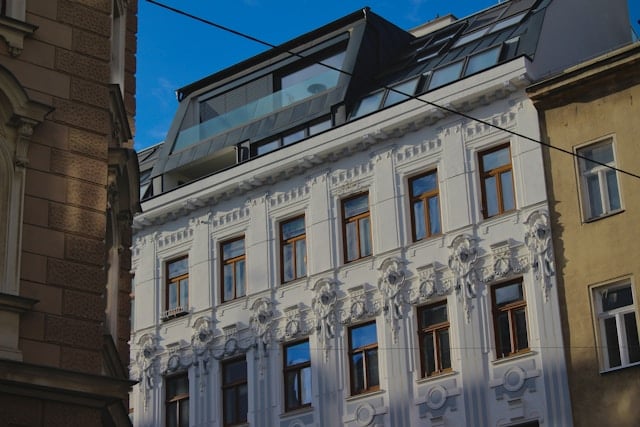The Austrian capital city of Vienna made a comeback as the world’s most liveable city after it tumbled down to 34th place due to coronavirus pandemic restrictions.
Now, Vienna tops a ranking dominated by Western European cities, and it scores highly in nearly all criteria, including stability, healthcare, education, and infrastructure, according to a report by the Economist Intelligence Unit (EIU).
READ ALSO: Vienna returns to top ranking as world’s ‘most liveable city
What does each of these points mean and in which areas is the city still not the best?
The liveability score is reached through category weights, each divided into subcategories. The indicators are then scored based on either judgement of “in-house expert geography analysts and a field correspondent based in each city” for qualitative variables.
In the case of quantitative variables, the rating is calculated based on the relative performance of a location using external data, such as information from the World Bank or Transparency International, for example.

Stability
Vienna got a 100 percent score in this category, which is measured based on several indicators. The EIU rating evaluated the prevalence of petty crime and of violent crime. It also looked into the threat of terrorism, military conflict, and civil unrest threats.
Healthcare
This was another category Austria’s capital aced – and an improvement from the pandemic years, when it lost points on healthcare.
READ ALSO: Ten essential apps to download for living in Vienna
The rating considers the availability and quality of both private and public healthcare. It also looks into the availability of over-the-counter drugs and general healthcare indicators provided by the World Bank.
Education
Vienna got a total of 100 points for this category, which considered the availability and quality of private education and looked into World Bank data on public education indicators.
Infrastructure
Another 100 percent for Austria’s capital which was found to have a good quality of road network, public transport, international links, energy provision, water provision and telecommunications. The ranking also considered the availability of good-quality housing.

Culture & Environment
This was the only category where Vienna did not get 100 points. Instead, it scored 96.3, which was still higher than many of the top ten cities. Vancouver, Canada, was the only city at the top of the ranking that got a 100. Melbourne and Amsterdam also fared slightly better than Vienna.
READ ALSO: The downsides of Vienna you should be aware of before moving there
The category looks into humidity and temperature rating, the discomfort of climate for travellers, level of corruption, social or religious restrictions, level of censorship, sporting availability, cultural availability, food and drink, and consumer goods and services.
Among all of these indicators, only the humidity/temperature rating, which is adapted from average weather conditions, didn’t receive the highest grade.
What can Vienna do to get better?
Even in the indicators where the Austrian capital did well, there are always things to improve, especially concerning the risks to the quality of living that rising inflation and the Ukrainian war bring.
When it comes to weather, though the city cannot control when it rains or shines, there are many things it can do to improve living conditions on those scorching summer days or freezing winter evenings.
READ ALSO: ‘Cool streets’: How Vienna is preparing for climate change and heatwaves
As summer and heatwaves arrive, it is already looking to bring more green areas and avoid “heat islands” building up in the city centre. It also has built fog showers, drinking fountains and increased offers of “cool” areas where people can escape the extreme heat.
Also, looking to reduce the use of cars and make life better for residents, Vienna is betting on the “15-minute city” concept. This means that Austria’s capital is trying to make the essential everyday routes and destinations, including metro stations, reachable by a 15-minute walk.




 Please whitelist us to continue reading.
Please whitelist us to continue reading.
Member comments